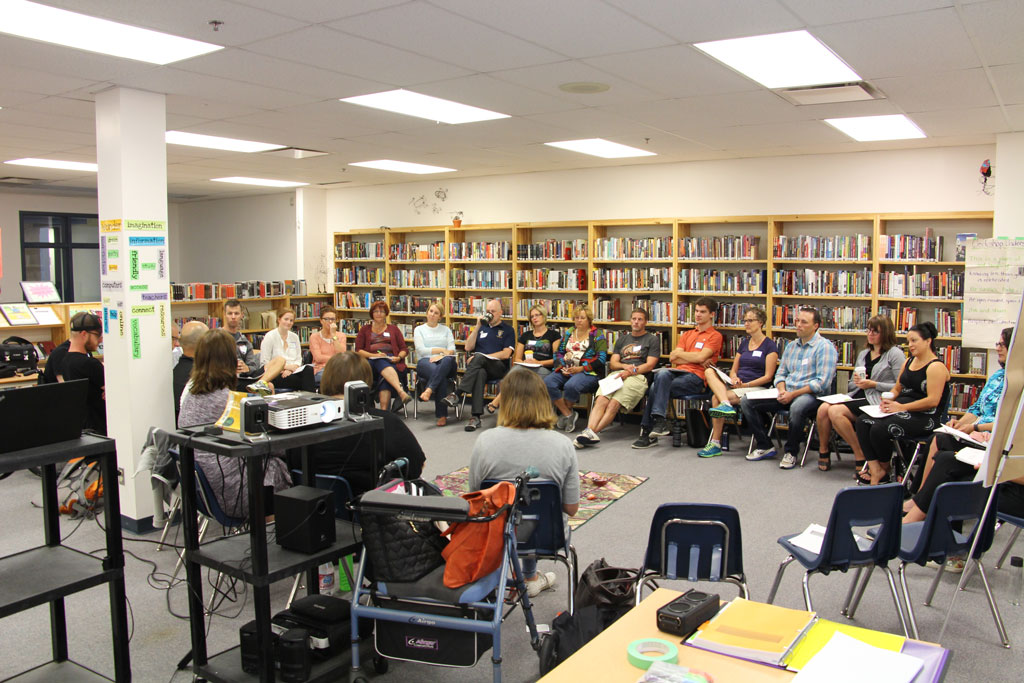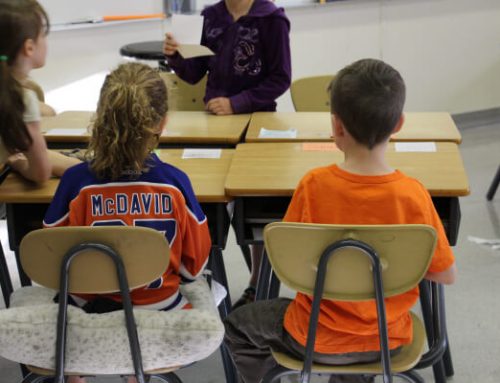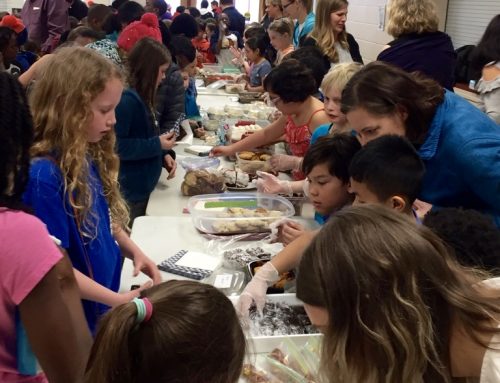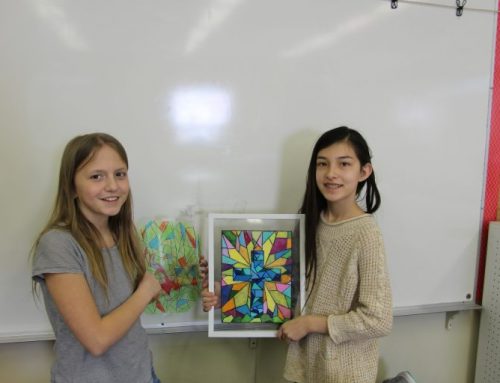This week it all begins. Routines. Bus rides. Studies. Homework. Making lunches. Class projects. Staff meetings. Board meetings. Sports teams . . .
And those, those are the easy parts. By far the most complex aspect in the story of our schools is the relationships. Students will excitedly pick up with the friends they have been away from for the summer. For most, there will also be some nervousness, an uncertainty about what some relationships might bring. Students will meet new classmates and teachers. The teachers themselves will begin the challenging task of getting to know the students as people and as learners. Parents will meet teachers. Teachers will work with parents. Principals will establish trust with new staff members. Bus drivers will get to know their routes and their riders . . . When 1500 people (that’s just students and staff!) get together 5 days a week in three different schools, the web of relationships is incredibly complex and deeply important to the life of a school.
We have always known that at Edmonton Christian Schools. As people awash in God’s grace, we have tried to grace-fully deal with the inevitable conflicts that arise in this complex web. But we can’t take that for granted. Knowing that we need to be deliberate about this crucial part of who we are as the body of Christ, Edmonton Christian Schools, with the direction and support of the ESCE Board has embarked on deepening our learning around restorative practices. These restorative practices are mindsets, attitudes, protocols, routines and ways of being together that help our schools to be communities of grace and they compel us move us towards God’s vision for Edmonton Christian Schools — shalom.
Restorative Practice promotes values and principles that use inclusive, collaborative approaches for being in community. These approaches validate the needs and experiences of everyone within the community, particularly those who have been marginalized, oppressed or harmed. These approaches allow us to act and respond in ways that are healing rather than coercive. Lorraine Stutzman-Amstutz and July Mullet, 2005
Last week, 25 staff members cut their summer short by two days to wrestle with and practice some of the skills and attitudes needed for the transformational work of restoration. We pray that healthy, joyful relationships will be a defining characteristic of Edmonton Christian Schools this year.







[…] that adds to the beauty of God’s story. Being a grace-filled school will mean we work hard at restorative practice and grow in our love for each other, for humankind for the created world and most of all, for the […]
[…] its commitment this year to restorative practice in our community. (We first wrote about that HERE.) What is the mindset of restorative practice? It’s more complex than a few bullets but you […]
[…] practices in our schools. You can read a bit more about that in two previous blog posts, Rebooting Relationships–A New Year Begins and Restoring and Flourishing. It has led to ways of being together, healthy interactions, […]